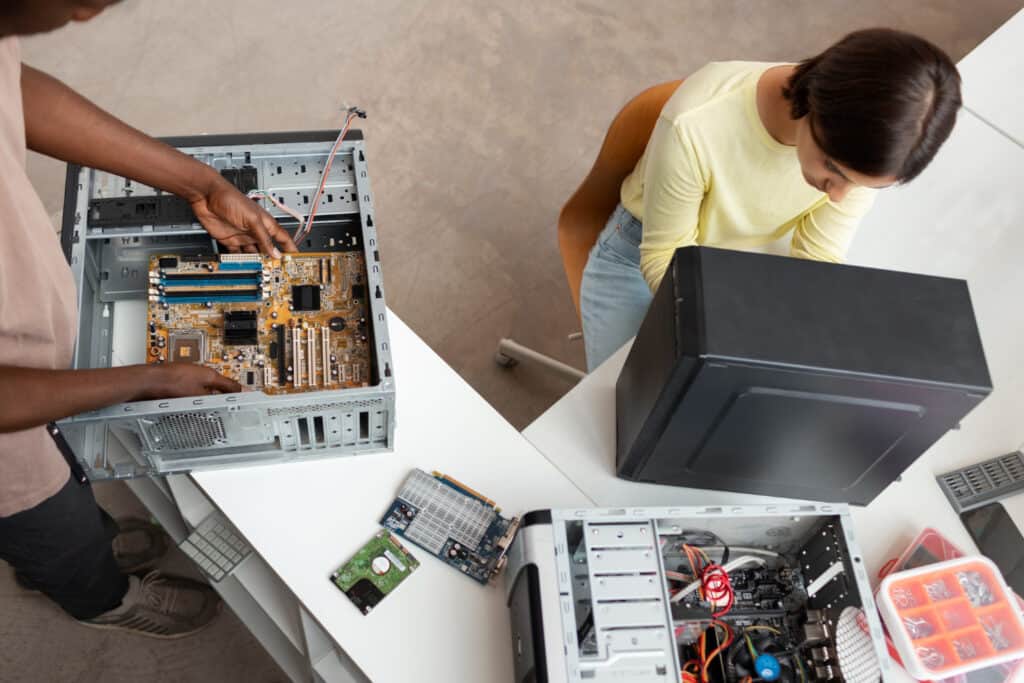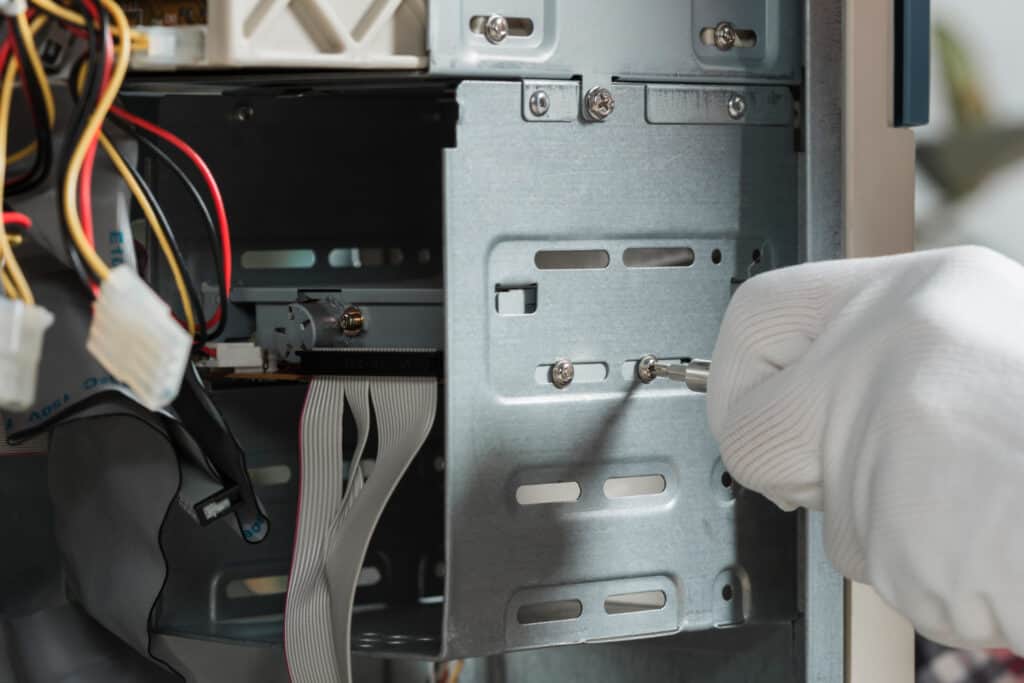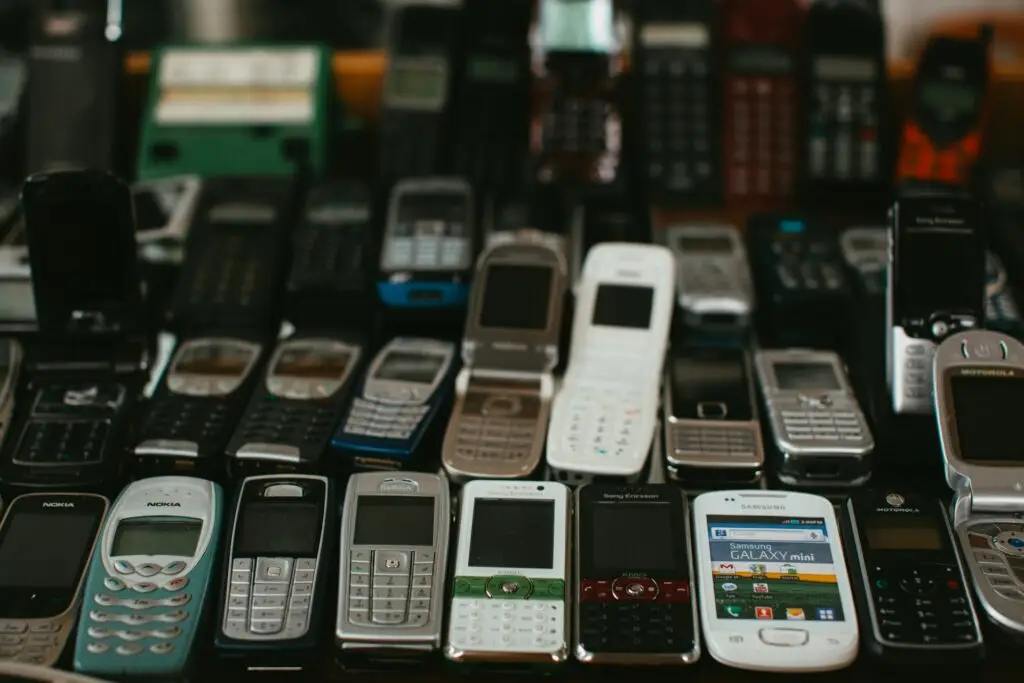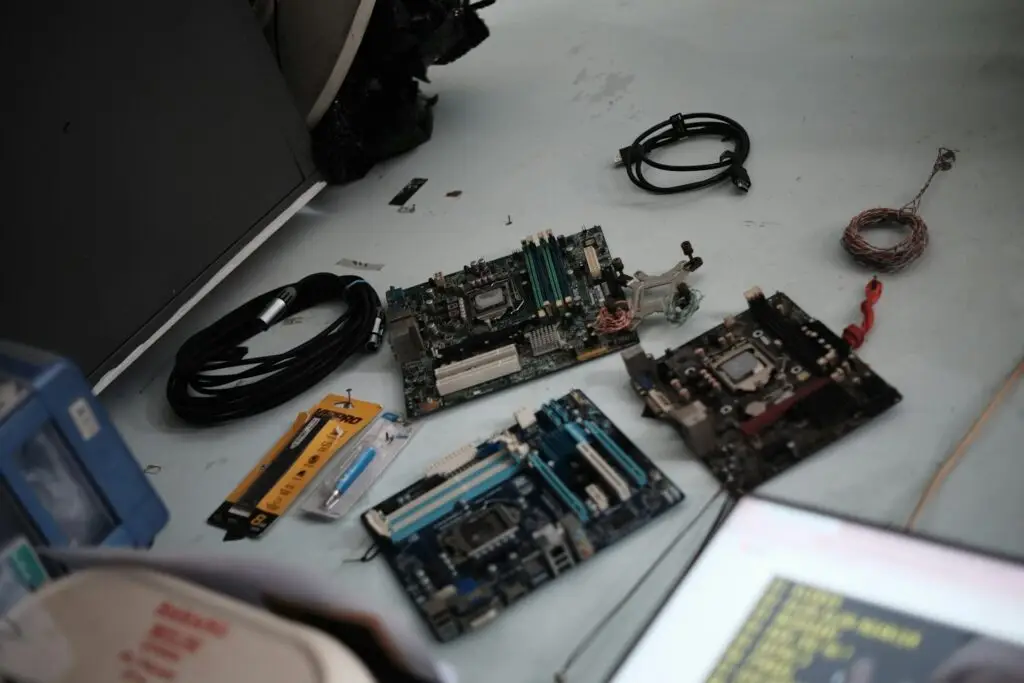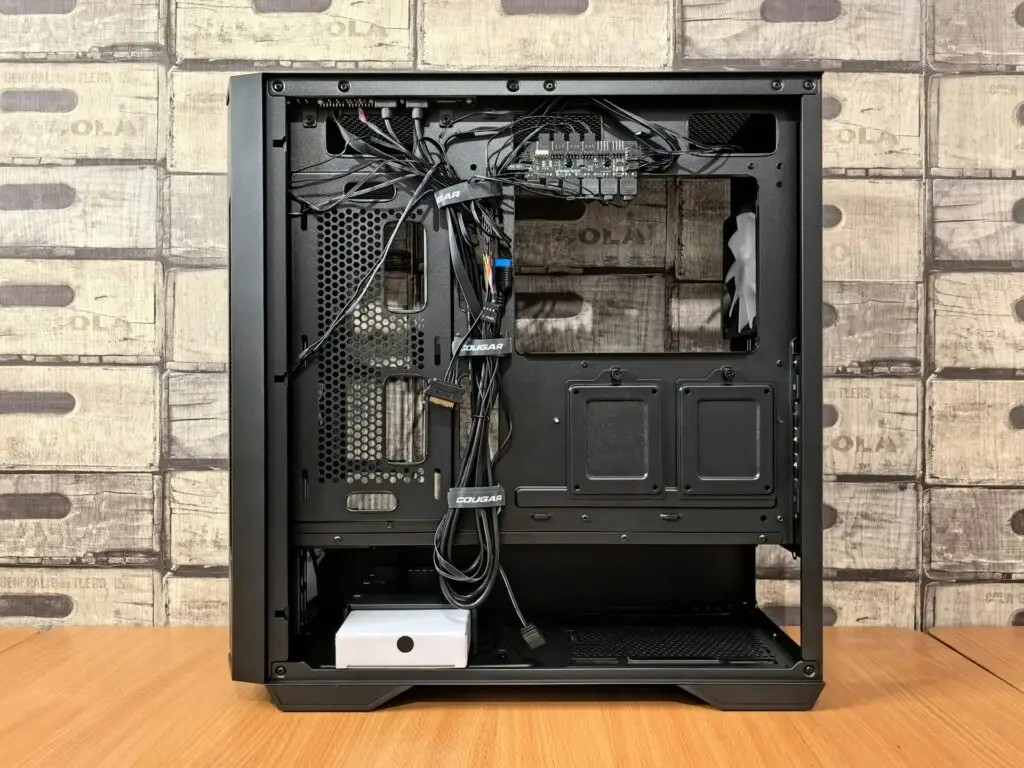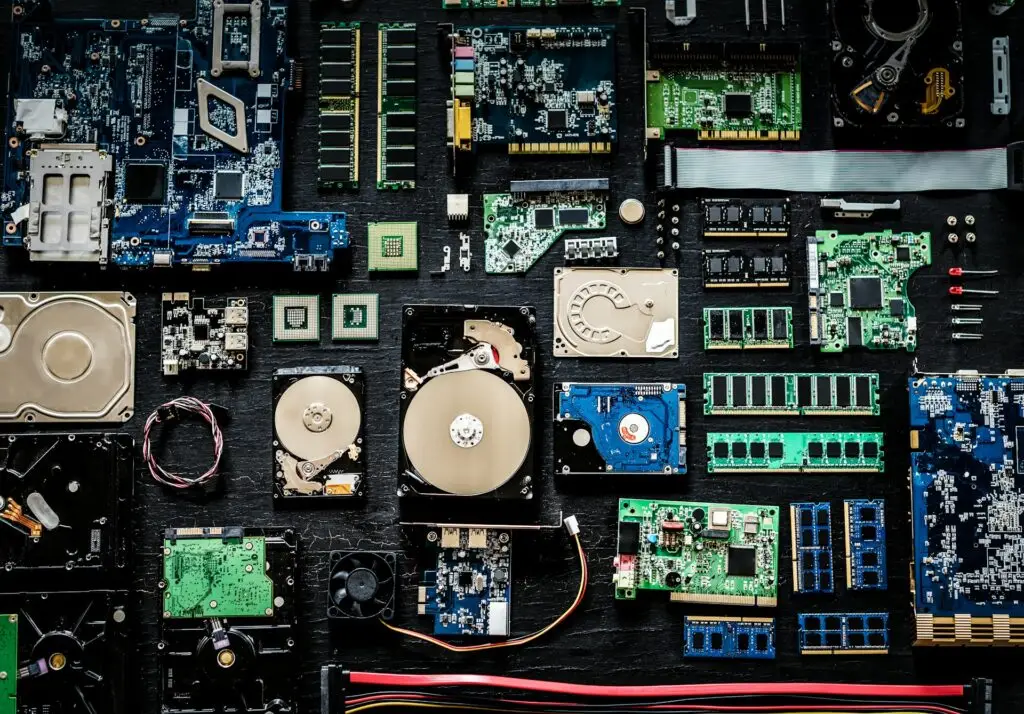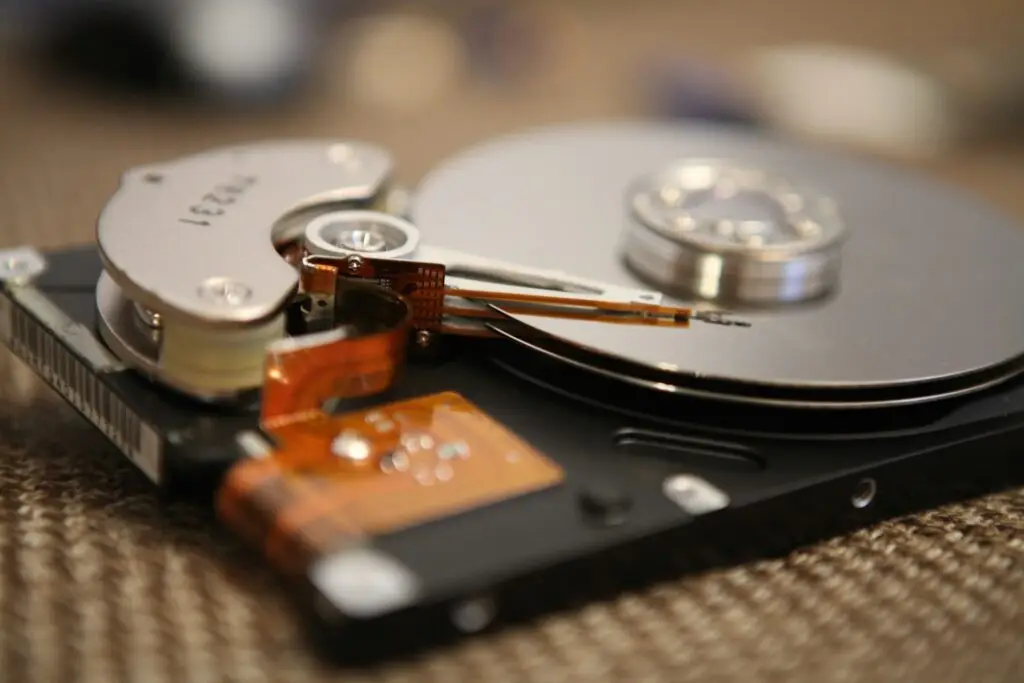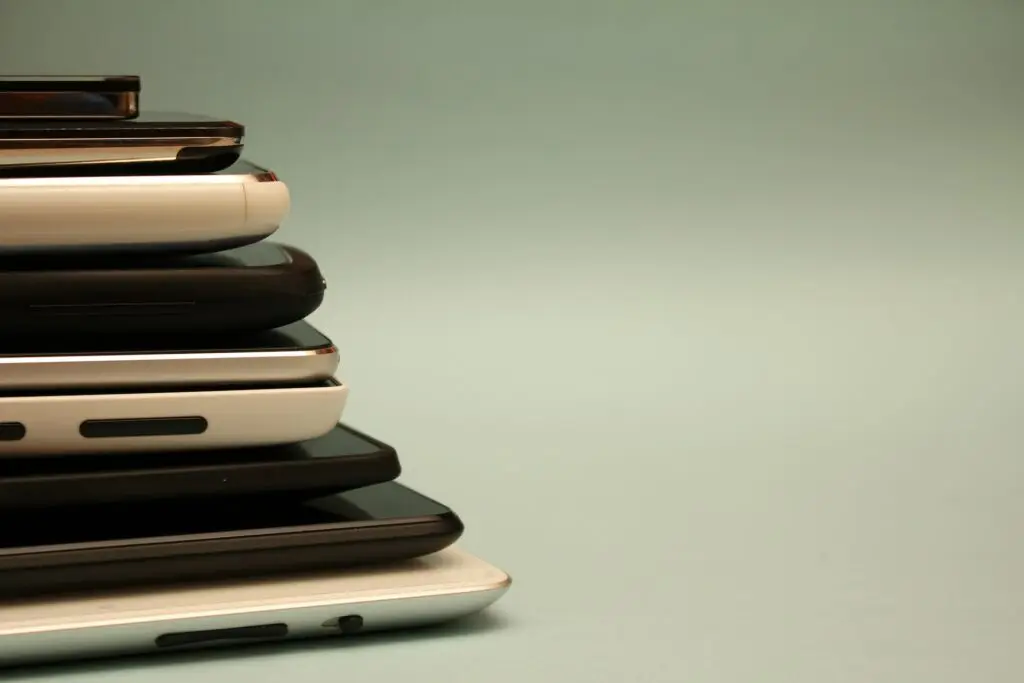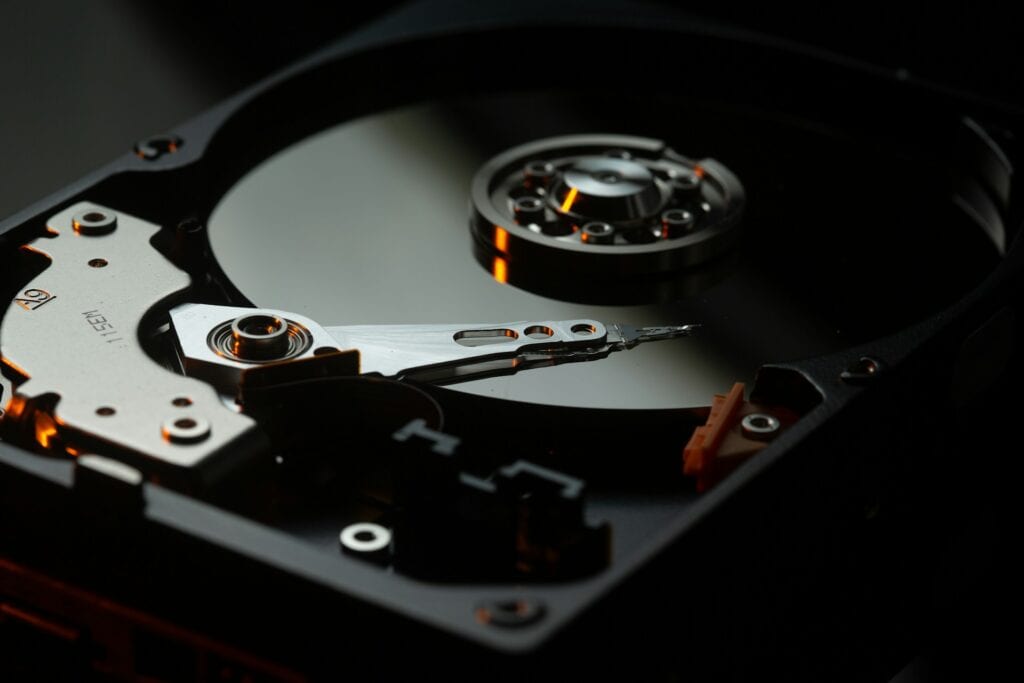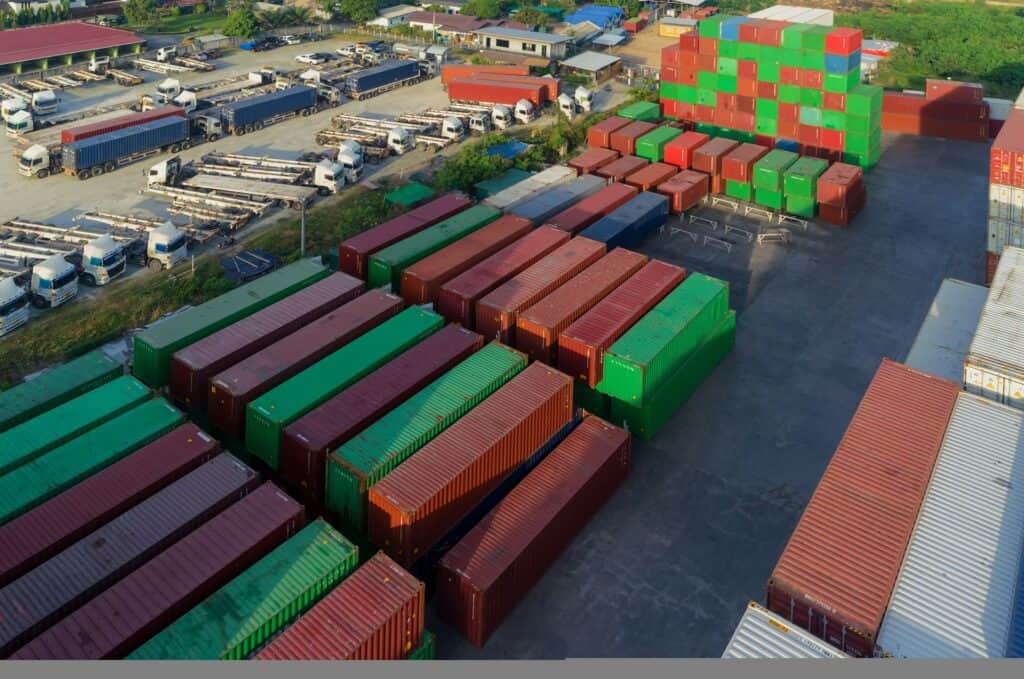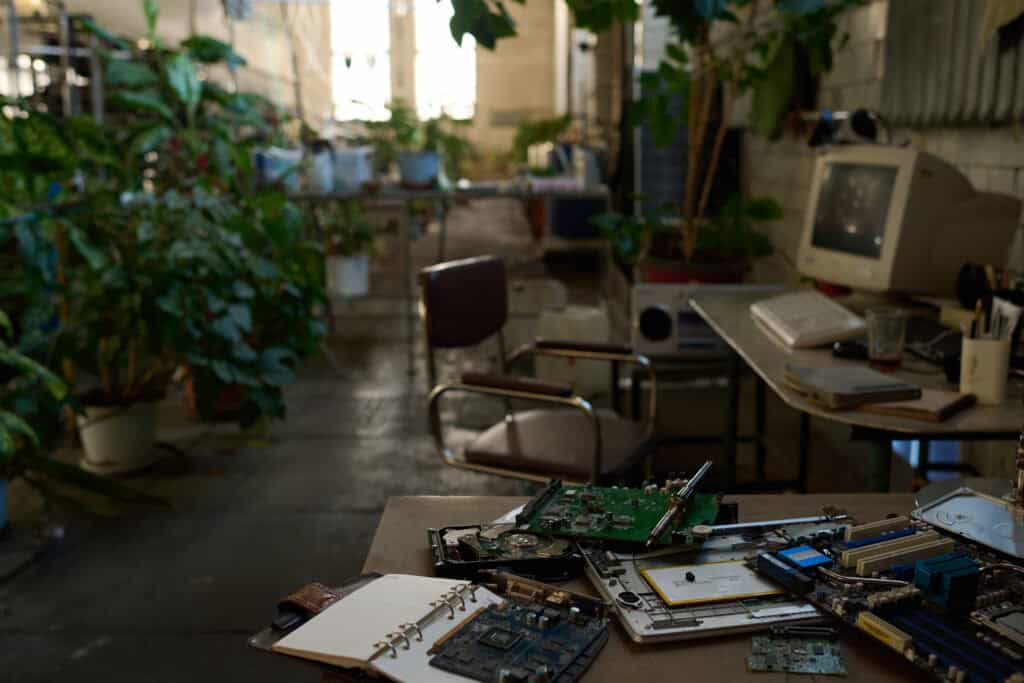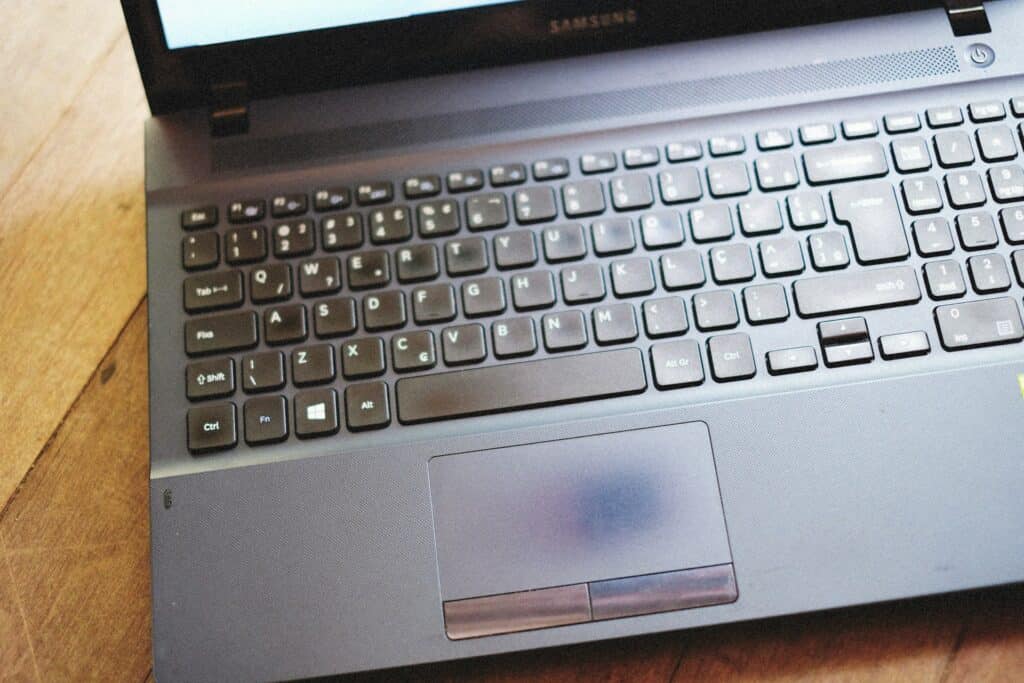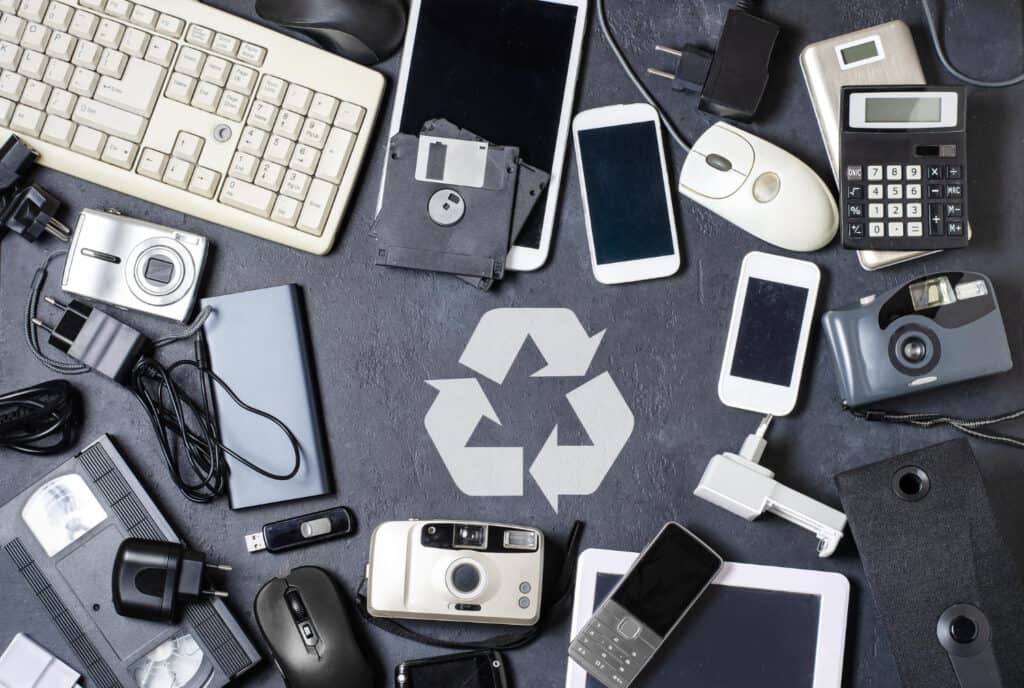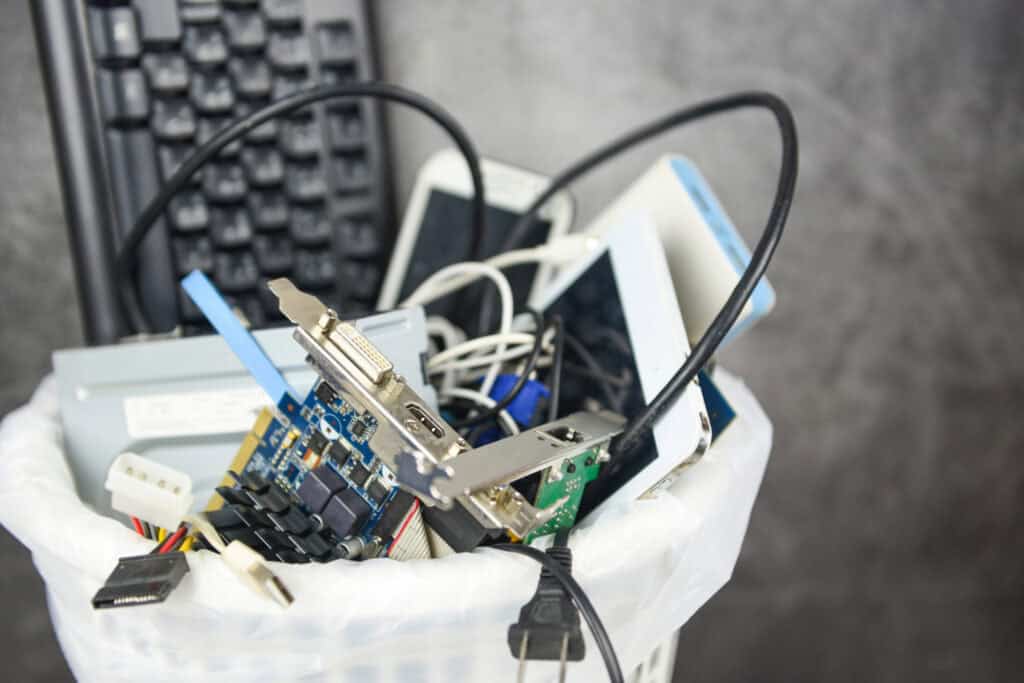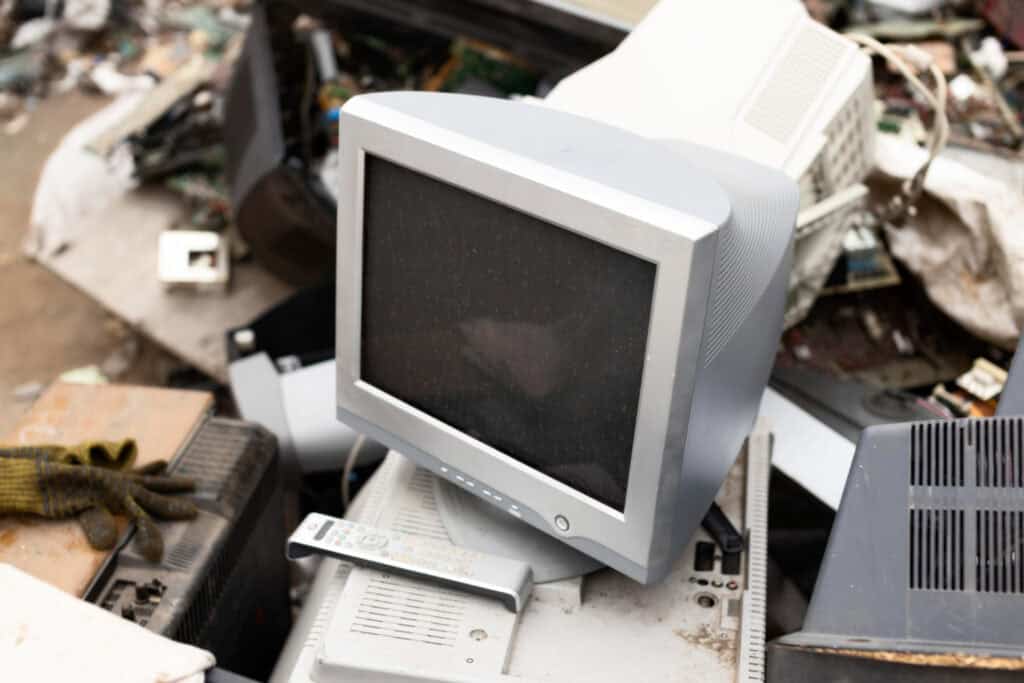Recycling computers plays a big role in keeping our environment clean and healthy. Many of us have old devices like computers, laptops, or cell phones lying around our homes or offices. These gadgets may seem harmless, but tossing them in the trash can lead to bigger problems for our planet.
Computers often contain materials that can harm the environment if they end up in landfills. When we recycle these items properly, we prevent dangerous chemicals from leaking into the earth and also make use of valuable materials that can be reused. By recycling, we’re not just throwing things away—we’re giving them a second life.
At ReWorx Recycling, we focus on finding ways to manage end-of-life electronics safely and effectively. Our mission is to make sure these items are disposed of correctly so they don’t harm the planet. Understanding the importance of recycling computers can inspire us to take action and ensure a healthier environment for generations to come.
Environmental Benefits of Recycling Computers
Recycling computers brings several environmental benefits that help keep our planet healthy. When computers end up in landfills, they release toxic substances like lead and mercury into the soil and water. These chemicals can harm plants, animals, and even humans. By recycling, we prevent these harmful materials from polluting the environment.
Additionally, recycling computers helps to reduce greenhouse gas emissions. Producing new electronics requires a lot of energy, and this energy often comes from burning fossil fuels, which releases greenhouse gases into the atmosphere. When we recycle old computers, we save a significant amount of energy by using existing materials instead of mining for new ones. This reduction in energy use means fewer emissions and a cleaner air quality.
Recycling also helps conserve natural resources. Computers contain valuable materials like copper, gold, and aluminum. Instead of mining for these resources, recycling allows us to recover them from old devices. This means we preserve our planet’s natural resources and avoid the environmental damage caused by mining activities.
Beyond saving resources, recycling creates a cleaner environment. Communities that practice recycling often have less waste and cleaner streets, contributing to a healthier living space. These benefits show how important computer recycling is for our planet and encourage us to continue these efforts.
How Computer Recycling Conserves Resources
Computer recycling plays a crucial role in conserving resources by efficiently reusing materials and reducing waste. When we recycle computers, we can recover a variety of metals and components that are otherwise difficult to extract. By doing this, we cut down on the need for raw materials, which helps preserve our natural resources.
Here’s how recycling computers helps conserve resources:
1. Metals Recovery: Electronics like computers contain valuable metals, such as gold, silver, and copper. Recycling these items allows us to reclaim these metals without the need for destructive mining activities.
2. Plastics Reuse: Many computer parts use plastics that can be processed and reformed into new products. Recycling plastics reduces the need to produce new plastic materials, saving energy and oil.
3. Reduced Energy Use: Manufacturing new electronics from raw materials requires a substantial amount of energy. Recycling existing computers uses much less energy, making it a more efficient and sustainable process.
4. Waste Minimization: By recycling computers, we significantly reduce the volume of waste that would otherwise clog up landfills. This means we use less land for waste disposal, leaving more space for nature.
These resource-saving practices highlight the importance of recycling computers to protect and conserve our environment. They show how effective recycling can be in preserving limited resources and decreasing the need for new material extraction. It’s a simple step that has a significant impact on our planet’s health and longevity.
Key Components: The Recycling Process for Computers
The recycling process for computers involves several key steps to ensure that everything is handled correctly and safely. The journey begins with the collection and transportation of used electronics to a recycling facility. Once there, these devices undergo a thorough inspection to determine their condition and the materials they contain.
The next phase involves dismantling. Computers are carefully taken apart to separate various components like metals, plastics, and circuit boards. This step allows recyclers to identify and sort valuable materials that can be reused. During dismantling, any harmful parts, such as batteries and mercury switches, are removed and handled with special care to prevent environmental contamination.
After dismantling, the separated materials go through processing. Metals and plastics are treated to prepare them for smelting or pelletizing, turning them into raw materials ready for new products. Circuit boards undergo specialized processes to recover precious metals like gold and silver. Each step is designed to maximize material recovery while minimizing waste.
The final stage ensures secure data destruction. Hard drives and other data storage devices are shredded or degaussed to protect sensitive information. This secure disposal protects businesses and individuals from data breaches while contributing to sustainable recycling practices. Each part of the process plays a vital role in transforming old computers into valuable resources.
Role of Recycling in Reducing Electronic Waste
Recycling significantly reduces electronic waste, benefiting both the planet and society. As the number of electronic devices grows, so does the challenge of disposing of them responsibly. Recycling offers a practical solution to manage this e-waste and mitigate its harmful effects.
First, recycling helps divert massive amounts of waste from landfills. Electronic devices contain materials that do not break down naturally and can occupy landfills for centuries. By recycling, we ensure these materials are repurposed, freeing up valuable landfill space and preventing soil and water contamination.
Moreover, recycling promotes sustainability by cutting down on the demand for new materials. The extraction and processing of raw materials, like metals and plastics, contribute to pollution and habitat destruction. By reusing materials from old electronics, we lessen this environmental impact, promoting a more circular economy where resources are continually reused.
Recycling also fosters economic growth by creating jobs in the recycling industry. This sector provides employment opportunities in collection, sorting, processing, and refurbishing electronics. Communities benefit from these jobs as they help drive local economies and support sustainable development.
Conclusion
Recycling computers is essential for a sustainable future. At ReWorx Recycling, we believe in turning old electronics into new opportunities. By recycling, you contribute to reducing the environmental hazards caused by e-waste and help conserve natural resources. Our process ensures safe and responsible handling of electronic devices, making the environment cleaner and healthier for everyone.
Choosing to recycle your electronics means stepping up as a steward of our planet. It prevents harmful materials from polluting our environment and supports conservation by reducing the need for new materials. With every device you recycle, you help create a cycle of reuse, benefit local economies, and drive sustainable changes.
If you’re ready to take part in this meaningful journey, contact ReWorx Recycling today. Let’s work together to make the world a cleaner and greener place, one recycled device at a time. Embrace the benefits of recycling and help us turn e-waste into a valuable resource for a brighter future.
